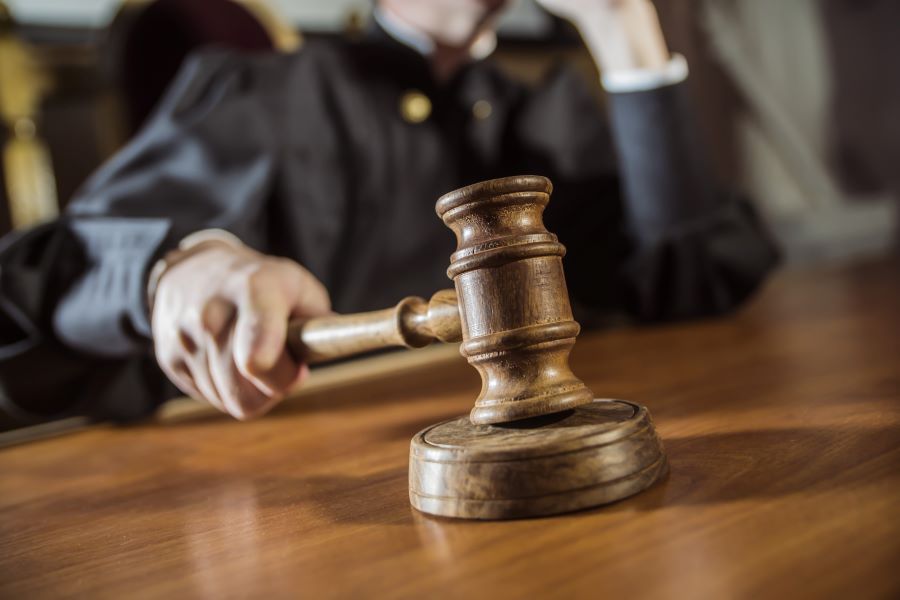A U.S. Circuit Court of Appeals has finally weighed in on one of the most significant current legal questions regarding the Telephone Consumer Protection Act (TCPA) and has handed down an unfavorable ruling to callers in Lindenbaum v. Realgy, Inc.
The most immediately consequential District Court TCPA decision following in the wake of Barr v. AAPC was Creasy v. Charter. In that case, the Eastern District of Louisiana Court determined that the Supreme Court’s decision in Barr that the government-backed debt exemption to the TCPA was unconstitutional retroactively rendered the entire TCPA unconstitutional during the years in which the debt exemption was in effect. By this logic, the TCPA would be unenforceable for any claims arising from alleged violations committed between when Congress created the debt exemption in November of 2015 and when the Supreme Court’s severed the debt exemption in June of 2020.
Other District Courts followed with decisions that either followed in the same vein—such as Lindenbaum—or found the argument uncompelling. In the 11 months since the initial Creasy ruling, the majority of District Courts to rule on this have tended toward decisions that find the TCPA to be enforceable between 2015 and 2020.
Yesterday’s decision by the Sixth Circuit in Lindenbaum v. Realgy is the first time an appeals court has ruled on the issue of a retroactive application of the consequences of the Barr decision. Reasoning that courts “do not rewrite, amend, or strike down statutes”, the decision explains that SCOTUS’s Barr decision to sever the unconstitutional debt exemption means that the debt exemption is to have been considered severed retroactively.
While the logic for this decision is a bit confusing, the consequences are clear: callers are not exempt from TCPA liability between 2015 and 2020. The status of the Creasy defense is weaker than it had been, but it is not completely dead as it is likely that other Circuit Courts will rule on this issue in the future.
